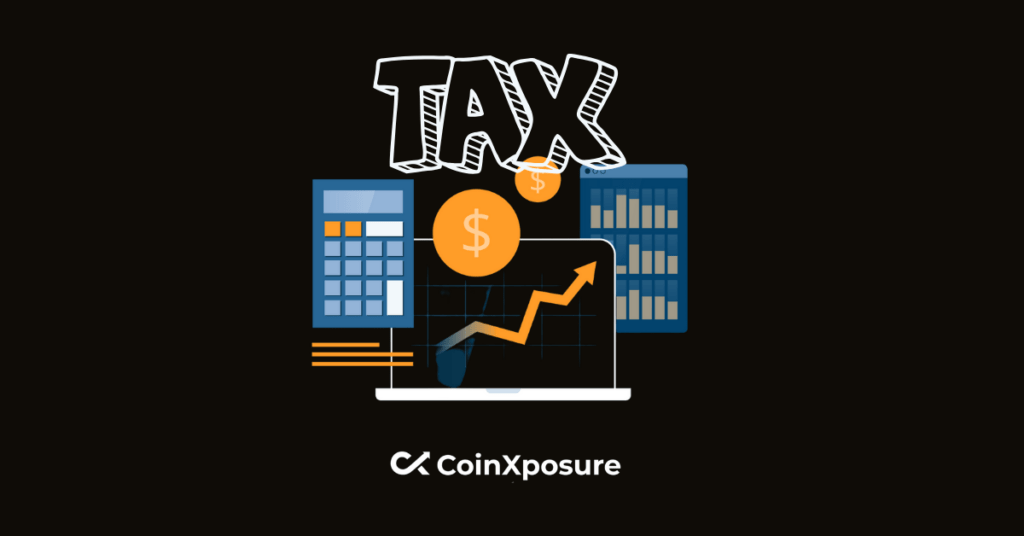Yield farming, a popular practice in decentralized finance (DeFi), offers the potential for substantial returns by leveraging various protocols and assets.
However, amid the allure of high yields, farmers must understand the tax implications associated with these activities.
This article aims to provide essential insights into yield farming and taxes, empowering farmers with the knowledge necessary to navigate their financial obligations effectively.
Overview of Yield Farming
Yield farming, also known as liquidity mining, is a DeFi strategy where investors provide liquidity to protocols in exchange for rewards, typically in the form of additional tokens.
This process involves lending or staking crypto assets into smart contracts, which are then utilized for various purposes such as trading, borrowing, or lending.
In return for providing liquidity, farmers receive rewards, often in the form of governance tokens, transaction fees, or yield-bearing tokens.
Yield farming allows investors to earn passive income and maximize returns on their crypto assets, but it also comes with risks such as impermanent loss and smart contract vulnerabilities.
Yield farming has revolutionized the crypto space by providing innovative ways for investors to participate in decentralized finance while contributing to the liquidity and growth of DeFi ecosystems.
Tax Implications of Yield Farming
Yield farming presents unique tax considerations for participants due to its complex nature. The tax treatment of yield farming rewards depends on various factors such as the classification of income, timing of transactions, and reporting requirements.
Generally, yield farming rewards are considered taxable income and may be subject to capital gains tax or income tax, depending on the jurisdiction and the holding period of the assets involved.
It’s crucial for farmers to keep accurate records of their transactions, including the value of rewards received and any associated expenses or losses.
Failure to comply with tax regulations could result in penalties or audits. Seeking professional tax advice and staying informed about tax laws and regulations is essential for yield farmers to ensure compliance and minimize tax liability.
Strategies to Minimize Tax Liability
Here are some strategies to minimize tax liability:
- Timing of Transactions
- Utilizing Tax-Advantaged Accounts
- Harvesting Losses
- Seeking Professional Advice
Timing of Transactions
Consider the timing of entering and exiting yield farming positions to optimize tax outcomes. For example, harvesting rewards during periods of lower income or incurring losses to offset gains can help reduce overall tax liability.
Utilizing Tax-Advantaged Accounts
When participating in yield farming, use tax-advantaged accounts such as retirement accounts or tax-deferred investment vehicles. These accounts can provide tax benefits or deferrals, helping to minimize immediate tax obligations.
Harvesting Losses
Take advantage of tax-loss harvesting by strategically selling underperforming assets to offset gains from yield farming rewards. Losses can be used to offset capital gains, reducing the overall tax burden.
Seeking Professional Advice
Consult with tax professionals or financial advisors knowledgeable about cryptocurrency taxation and yield farming. They can provide personalized guidance tailored to individual circumstances and help navigate complex tax regulations effectively.
By implementing these strategies, yield farmers can optimize their tax outcomes and minimize tax liability while staying compliant with tax laws and regulations.
Conclusion
Navigating the tax implications of yield farming is essential for ensuring compliance and minimizing tax liability.
By understanding the classification of income, reporting requirements, and tax treatment of yield farming rewards, farmers can make informed decisions to optimize their financial outcomes.
Implementing strategies such as timing transactions, utilizing tax-advantaged accounts, harvesting losses, and seeking professional advice can help mitigate tax obligations effectively.
Ultimately, staying informed about tax laws and regulations and maintaining accurate records of transactions are crucial for yield farmers to navigate the complexities of taxation successfully.
By following these principles, farmers can confidently participate in yield farming while fulfilling their tax obligations and maximizing their returns.
